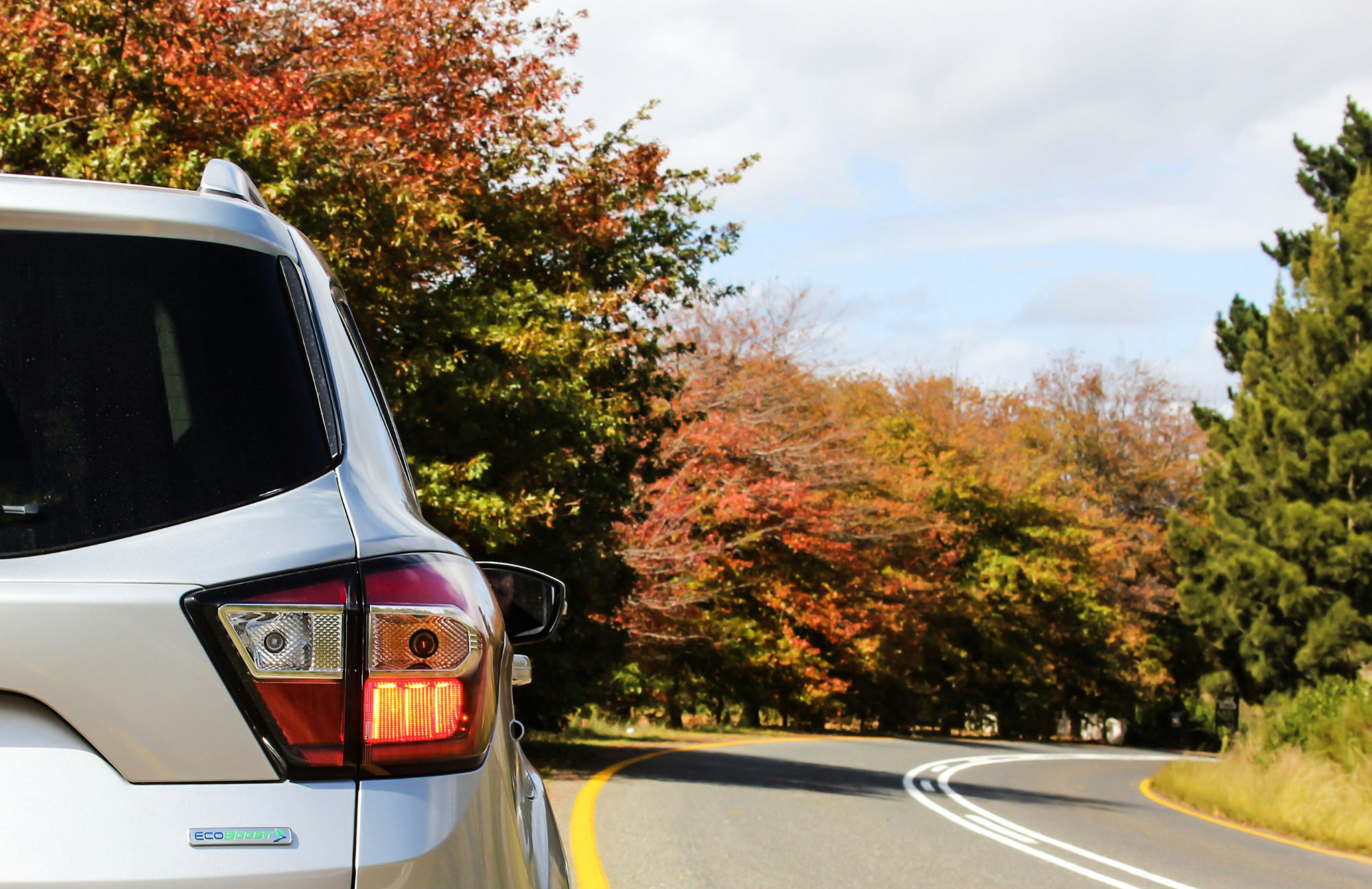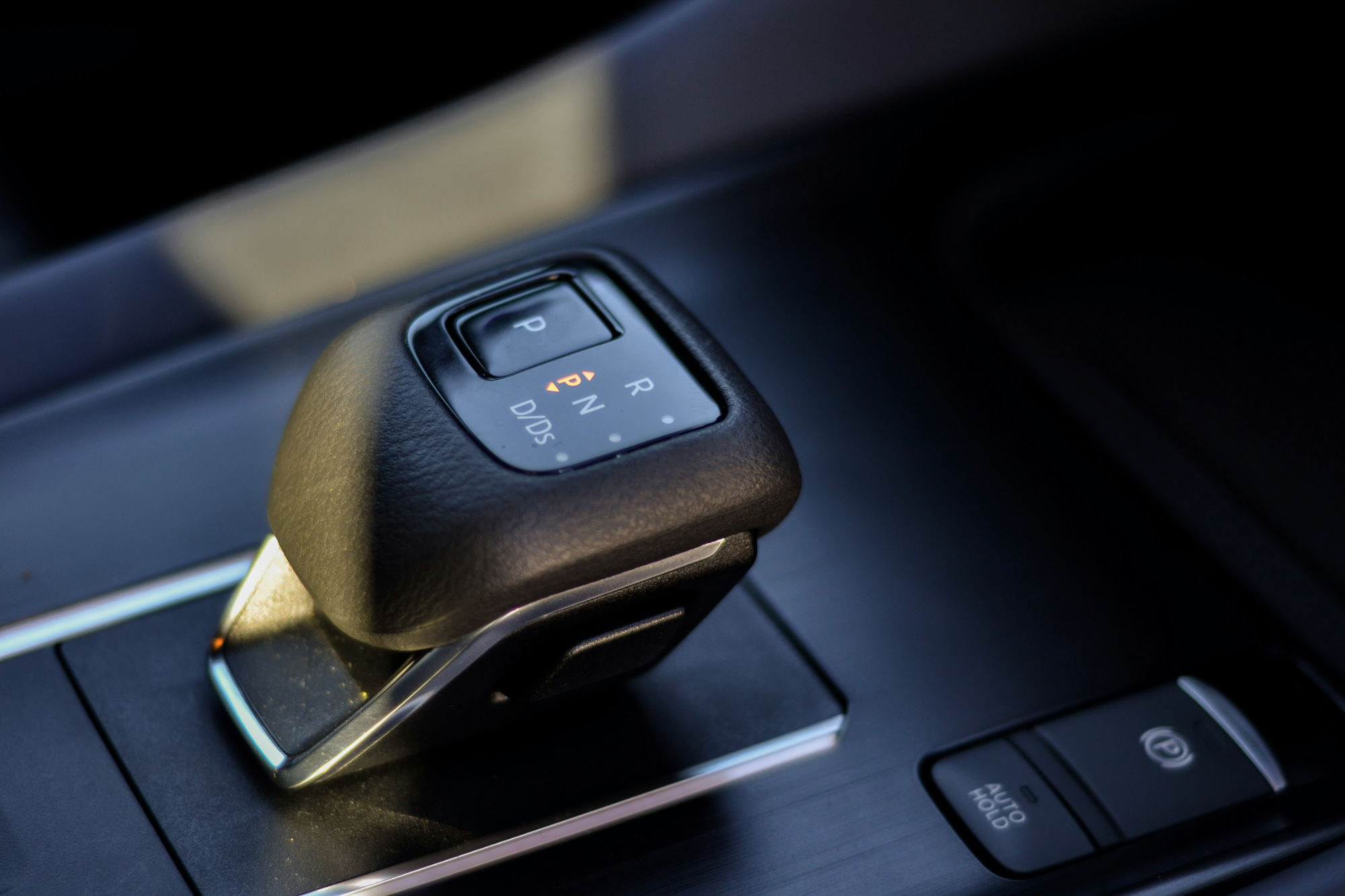Hidden fees in European car rentals (and how to avoid them)

Renting a car in Europe can be wonderfully freeing—cobblestone villages, mountain passes, and beach roads on your own schedule. It can also be surprisingly expensive once the “extras” appear at pickup or on your final statement. This guide breaks down the most common hidden fees in European car rentals, why they happen, and exactly how to avoid or minimize them. Use it as your pre-trip checklist so the only surprises are the scenic views.
Quick wins (if you read nothing else)
Book a rate that includes zero-excess insurance or bring your own excess insurance—and arrive with enough credit limit for the deposit.
Stick to full-to-full fuel and refill within 10 km of drop-off; save the receipt.
Add only one driver if possible; register every driver you’ll actually use.
Confirm mileage (unlimited vs. cap), cross-border rules, and one-way fees before paying.
Decline dynamic currency conversion (DCC) at the counter—pay in the local currency.
Photograph the car at pickup and return, and keep every paper/receipt for 3–6 months.
1) Insurance add-ons and the “excess” trap
What it is: European rentals usually include basic Collision Damage Waiver (CDW) and Theft Protection (TP). They limit your liability but still leave an excess (deductible)—often €800–€2,500 depending on car class and country. At the counter, agents upsell “super CDW,” “zero excess,” “glass/tires,” or “roadside” packages.
Why it stings: The base rate looks cheap, but the counter add-on can double your cost. Some offers also include roadside with exclusions (e.g., towing from an unpaved road) or glass/tyre coverage that overlaps with a better third-party policy you could buy for less.
How to avoid it:
Prebook an all-inclusive rate that explicitly says zero excess and lists what’s covered (windows, tyres, underbody, roof, and roadside).
Or buy standalone excess insurance (annual or per-trip) from a reputable third party before you travel. Bring proof.
If using your premium credit card coverage, read the fine print: some exclude luxury vehicles, vans, long rentals, or specific countries.
Increase your card’s credit limit or carry a backup card. Even with zero-excess packages, suppliers may place a security hold for fuel/fines.
Pro tip: If you decline the supplier’s insurance, expect a larger deposit hold. That’s normal, but plan for it so you don’t get declined at the counter.
2) Fuel policies that drain your wallet
Full-to-full (best): You receive the car full and return it full.
Pre-purchase (full-to-empty): You pay upfront for a tank (often above pump prices) plus a non-refundable service fee; returning with fuel left means you lose it.
Pay-on-return: The supplier refuels at a per-litre premium and may add a service fee.
Avoid the fee:
Choose full-to-full whenever possible.
Refill right before returning—ideally within 10 km. Keep the receipt and photograph the gauge.
If forced into pre-purchase, return near empty to avoid paying twice.
3) One-way, airport, and out-of-hours charges
One-way rentals: Dropping in a different city or country usually incurs a one-way fee that can range from modest to eye-watering, especially across borders.
Airport/rail station surcharges: Picking up at major hubs may carry location fees embedded in the rate or added as separate line items.
Out-of-hours: Collecting or returning outside desk hours can trigger a fixed fee. After-hours drop boxes are convenient, but inspection happens later; disputes are harder.
Avoid the fee:
Price your itinerary both ways: a city-center pickup and return can be cheaper than the airport.
If you must go one-way, compare multiple suppliers and brokers; fees vary widely.
Aim for desk-hour returns; if not possible, document the car thoroughly (photos/video, odometer, fuel gauge, time stamp).
4) Additional drivers, young/older driver fees
Additional driver: Most companies charge per extra driver per day. Some countries/suppliers include a spouse for free, but don’t count on it.
Young/older driver surcharges: Under 25 (sometimes under 26) and, in some markets, over 70–75 may trigger daily surcharges or even class restrictions.
Avoid the fee:
Keep the driver list short and realistic; unregistered drivers void insurance.
Look for promos that include one extra driver.
If age surcharges apply, compare total cost across suppliers—policies vary a lot.
5) Mileage caps and road-use costs
Mileage limits: Some low headline rates include limited kilometers; excess km can be pricey.
Tolls and vignettes: Europe mixes toll booths, electronic systems (e.g., Portugal’s electronic tolls), and vignettes (stickers or e-vignettes) in countries like Austria, Czechia, Hungary, Romania, Slovakia, Slovenia, and Switzerland (sticker). Rentals may or may not include the right device/sticker.
Admin fees for fines: If you trigger a speeding/parking/low-emission zone fine, the rental company charges an administration fee to pass your details to authorities—even if you later contest the fine.
Avoid the fee:
Confirm unlimited mileage (or the cap) before booking.
Ask if the car includes the local toll device or vignette; if not, buy the correct pass yourself before using motorways.
Learn the low-emission/limited traffic zones (e.g., ZTLs in Italy) and park outside city cores when uncertain.
Expect admin fees for any fine; the best avoidance is careful driving and checking signage.
6) Cross-border and ferry restrictions
What bites travelers: Taking a car across borders or on a ferry can be restricted or require written permission, extra insurance, or higher excess. East-west crossings and island ferries are particularly sensitive. Some suppliers ban travel to specific countries or vehicle classes (e.g., luxury vehicles).
Avoid the fee:
Disclose your exact route (countries and islands) before booking.
Get written authorization on the rental agreement if cross-border or ferry travel is allowed.
If not allowed, don’t chance it—violating terms can void coverage and lead to huge bills.
7) Cleaning, smoking, and damage disputes
Valeting/deep cleaning fees: Excessive dirt, sand, pet hair, or spills can trigger a cleaning charge.
Smoking fees: Most contracts are non-smoking; evidence of smoke means a flat fee.
Micro-damage: Windscreens, alloys, and underbody are common gray zones.
Avoid the fee:
Walk-around with the agent and mark every scratch and chip on the form; take timestamped photos/video, including wheels, roof, interior, and fuel cap.
Use floor mats and shake out sand before return.
At drop-off, request a signed inspection. If returning to a key box, photograph everything (car, mileage, fuel gauge, the drop-box itself).
8) Payment pitfalls and currency conversion
Dynamic currency conversion (DCC): Some counters or card terminals offer to charge you in your home currency. This almost always uses a poor exchange rate plus a hidden margin.
Card mismatch: The main driver typically must present a credit card in their own name; debit cards or someone else’s card may be refused or incur extra requirements.
Avoid the fee:
Always choose to be charged in the local currency.
Carry a credit card (not debit) in the main driver’s name with sufficient available limit.
Bring a backup card in case one fails.
9) Equipment extras (child seats, GPS, winter kit)
Child seats: Daily fees add up quickly; availability is sometimes limited.
GPS: Often an expensive extra; your phone is better (offline maps + car mount).
Winterization: In snowy destinations, you may be charged for winter tyres, snow chains, or ski racks—and in some countries, suitable winter equipment is legally required depending on conditions.
Avoid the fee:
Bring your own child seat if practical (and legal) or buy a low-cost travel seat on arrival.
Use your phone for navigation; pack a small vent clip mount and cable.
If traveling in winter, choose a rate that includes winter tyres where required or likely needed.
10) “Small print” gotchas that add up
Late return fees: There may be a grace period (often 29–59 minutes) before a full extra day applies—confirm it.
Paperwork fees: Some suppliers add “road tax” or “license fee” as separate lines; they should be in the quoted price but verify.
Admin for toll devices: A daily fee for a transponder (e.g., in Portugal) can be worth it if you’ll use it heavily—otherwise decline and pay as you go.
Key loss/lockout: Not usually covered by basic CDW; check your coverage.
Upgrade offers: A “free” upgrade may come with a higher insurance excess or higher fuel cost—ask before accepting.
11) Sample total-cost sense-check (why the cheap rate isn’t cheap)
Imagine a 5-day compact rental quoted at €28/day = €140 base.
Add at the desk:
Zero-excess package: €22/day → €110
Additional driver: €9/day → €45
Airport location fee: €25
Out-of-hours return: €35
Refuel service (you forgot): €18 service + €15 fuel → €33
New total: €140 + €110 + €45 + €25 + €35 + €33 = €388 (nearly 3× the headline price).
Booking an all-inclusive rate with one driver and returning full could have kept you near €200–€230. That’s the power of knowing the add-ons.
12) How to book smarter (step-by-step)
Define your route first. One-way? Borders? Ferries? City centers with low-emission zones?
Compare like-for-like. Filter for zero-excess, unlimited mileage, full-to-full, and one extra driver included (if needed).
Check the deposit/hold. Ensure your card limit comfortably covers it.
Confirm what “zero-excess” includes. Glass/tyres? Underbody? Roof? Roadside? Towing from gravel roads?
Read cross-border and winter clauses. Get permission in writing.
Lock in desk hours. Avoid out-of-hours fees and drop-box risks if you can.
Save all confirmations offline. Rental voucher, terms, and inclusions—download PDFs to your phone.
At pickup: Inspect meticulously, annotate damage, photograph, and decline DCC.
During the trip: Keep fuel and toll receipts; obey low-emission/limited-traffic signage.
At return: Refill nearby, keep the receipt, request a signed inspection, photograph the car again.
13) Country quirks to keep in mind
Italy: ZTL (limited-traffic) zones are common in historic centers; entering one by mistake can trigger multiple fines. Know the signs and park outside the core.
Switzerland & Austria: Motorway use requires a vignette; make sure you have the correct sticker or e-vignette before entering highways.
Portugal: Many tolls are electronic only; ask about transponder options and costs vs. pay-as-you-go routes.
Nordics & Alpine regions: Winter tyres may be seasonally required or strongly advisable—book a rate that includes them.
(Policies change; always confirm the latest details with your supplier before you go.)
14) FAQs
Q: Is VAT included in European rental quotes?
Typically yes for consumer bookings, but optional extras purchased at the counter (insurance, equipment, refueling) will show VAT on top. Your confirmation should list inclusions.
Q: Can I use a debit card?
Some suppliers accept debit cards with extra conditions (larger deposit, proof of return flight, lower car class). A credit card in the main driver’s name remains the safest bet.
Q: Should I buy third-party excess insurance?
It can be excellent value versus counter prices. Expect a larger deposit hold and be ready to pay and reclaim if the supplier charges you for damage.
Q: Are fines and admin fees avoidable?
The fine is avoidable by careful driving/parking; the admin fee from the rental company generally isn’t once a fine occurs.
Q: What if my flight is delayed?
Tell the supplier in advance and add your flight number to the booking. It can help them hold the car and avoid “no-show” fees or cancellations.
15) The ultimate checklist (save this)
Zero-excess coverage confirmed (what’s included?)
Deposit/hold amount understood; credit limit ready
Full-to-full fuel policy selected
One-way fee (if any) confirmed in writing
Unlimited mileage (or cap) verified
Cross-border/ferry permission noted on contract
Additional driver policy checked; only add what you need
Winter equipment included if applicable
Toll/vignette plan decided
Pickup/return during desk hours, if possible
Photos/video at pickup and return; receipts saved
Pay in local currency (decline DCC)
Bottom line
The best defense against hidden fees is clarity before commitment. Choose an all-inclusive rate that actually includes what you need, travel with enough credit headroom, and document the car like a pro. Do that, and European road trips become what they should be: smooth, flexible, and fairly priced—no nasty surprises lurking in the fine print.
Looking for a rental car without hidden fees? Check autohuren.info


